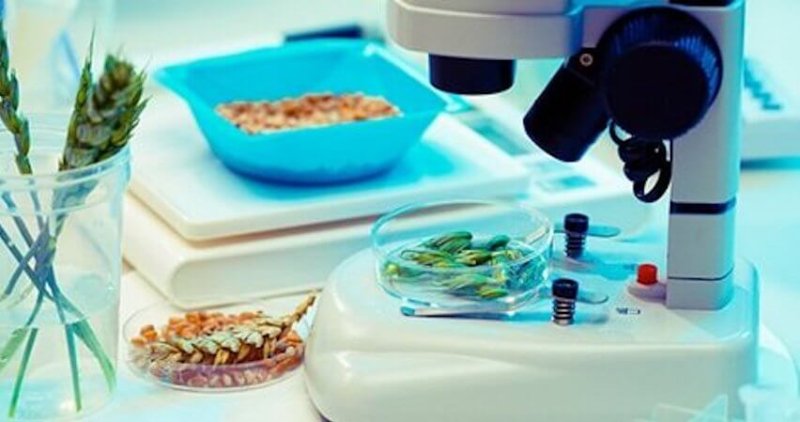The Amazon rainforest fire debate is another edition of “abstinence vs. innovation” (here’s the aviation edition). Global agro-consumption and demand for things such as meat are said to be the cause of the problem, and within this narrative, only cutting consumption can produce positive results. That is not true. Through genetic modification and gene editing, we can identify the problems of today and solve them with the technology of today.
The future of our civilization lies in the ingenuity of scientific research, not in the government-led reduction in consumption.
In 2014, GMOs allowed farmers to use 51 million acres less land to produce the same amount of food, fiber, and fuel. Without GMOs, we would have needed an additional 22 million acres of corn, 19 million acres of soybeans, nine million acres of cotton, and 1.5 million acres of canola. We also know of wonderful scientific advances in the area of meat, where “Impossible Burgers” now deliver meatless and tasty burgers in major fast-food chains.
The future of our civilization lies in the ingenuity of scientific research, not in the government-led reduction in consumption. We need to stop the myths about our very real environmental challenges and address the actual problem with real solutions.
Read full, original article: Data on Amazon Rainforest Fires Tell a Much Different Story Than Social Media
































